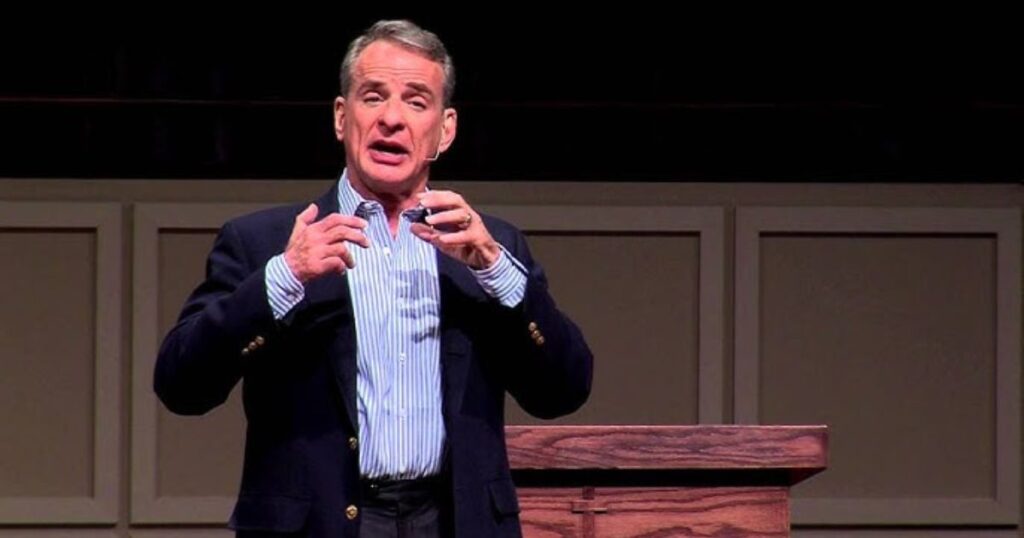William Lane Craig, is an American analytic philosopher, Christian apologist, author, and Wesleyan theologian. He is well-known for his robust defense of Christianity and has made significant contributions to the fields of philosophy and theology.
One of Craig’s most notable contributions is his defense and updating of the Kalam cosmological argument for the existence of God. This argument, which has its roots in medieval Islamic philosophy, asserts that everything that begins to exist has a cause, and since the universe began to exist, it must have a cause as well. Craig’s eloquent formulation of this argument has made it a cornerstone of modern Christian apologetics.

WHEN ASKED FOR AN ARGUMENT FOR GOD
In a recent debate, Craig was challenged by an atheist to provide evidence for the existence of God. With characteristic confidence, Craig presented his argument:
“Whatever begins to exist has a cause; nothing can come from nothing. The universe has a beginning; therefore, it must have a creator and a cause. When you analyze the cause of the universe, you inevitably come to God, who is causeless, beginningless, spaceless, and an enormously powerful creator.”
Craig’s argument hinges on the principle that everything that begins to exist has a cause, and since the universe began to exist, it too must have a cause. This cause, he argues, is God—an uncaused, timeless, and powerful being capable of creating the universe.
Beyond his work on the cosmological argument, Craig has also published extensively on the historical plausibility of the resurrection of Jesus. His scholarly work in this area seeks to demonstrate that the resurrection is a historically credible event, further bolstering the case for Christianity.
Check the video:




